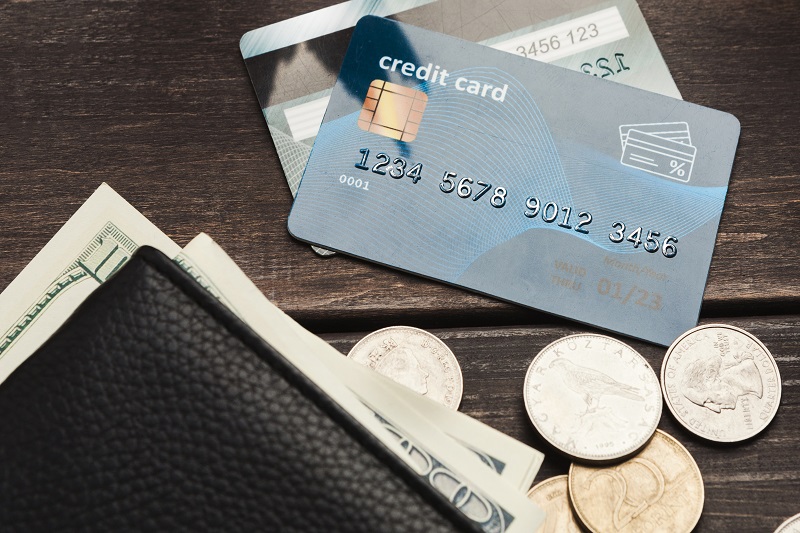The U.S. Census Bureau estimates that around 70.2 percent of American households currently possess general-purpose credit cards like Visa and Discover. That accounts for approximately 183 million Americans. Compared to the 1970s when only 16 percent of us owned a credit card, the growth in its use has been exponential. However, its increased use has also brought the issue of consumer credit debt. In fact, 55 percent of adults that have credit cards have debt, according to the recent survey by CNBC Make It and Morning Consult. Yet owning or using a credit card does not have to equate to financial disaster or a debt spiral. As with any credit tool, the key lies in understanding the pros and cons of its usage. More importantly, striking the balance involves the practice of good money habits and a commitment to making informed credit card choices.
Credit Building And Convenience Features Stand Out
Owning a credit card can be a convenient addition to your financial life. There is no doubt that they are easy to use, and with the introduction of digital and mobile wallets, there isn’t even a need to carry the actual card anymore. They are also great at helping you build up a credit profile, and can therefore be quite useful for adults looking to rehabilitate their credit score, or even college graduates just starting their careers. Keep up with the terms, and you will be in a better position when it comes time to apply for larger financing such as mortgages, not to mention be granted better interest rates. Finally, the explosion of card reward programs has meant that routine credit card users can build up useful rewards on items such as hotel stays, flight points, and even cash back each month. In short, it pays you for owning a credit card.
The Downfall Typically Begins With Mismanagement
Credit cards are notorious for their high-interest rates, and with the current interest rate standing at 17.39 percent and many store-branded credit rates averaging 26 percent, many other credit options may offer a better rate. However, with the increased variety of credit cards on the market today, including those aimed at consumers with a poor credit history, the accessibility is high, and therefore spurs its continued use. Also, if you are already carrying some form of debt, adding a credit card balance may be ill-advised. High-interest rates mean a sizeable interest charge is tacked on each month if you do not clear your balance in full, adding to the slippery slope of getting your debt under control.
For those of us that are not particularly steadfast in our financial impulses and controlled with our spending, having the convenience of a credit card presents the opportunity for mindless purchases and a debt snowball. This can lead to your credit score and profile being negatively affected. In turn, you may see adverse impacts on your future attempts at financing for a home/car or even at securing employment. However, each of these drawbacks can be prevented if the right safeguards are put into place.
Striking The Balance Means Honing Your Credit Knowledge And Budgeting Skills
With the right usage habits, credit cards can be a great addition. To begin with, avoid opening too many credit card accounts in succession, and get to know your credit card terms. Being aware of your agreement and routinely checking your bills allows you to spot excessive charges and alerts you to fee increases or penalties for overdue payments. This is particularly applicable, since the average American has two to three credit cards, and 50 percent have maxed their cards out.
It is also important that you keep up with your payments each month to avoid late fees, compound interest and the reporting of defaults to the credit reporting agency. Knowing your budgetary limits plays a key part in whether you should use a credit card. Ideally, you want your credit limit to be under 30 percent, so large purchases should be well planned, and balances should be cleared each month.
At the end of it all, the choice remains with you. The issue with credit card use remains not the actual tool, but how you choose to utilize it. The use of credit cards in a responsible and savvy way can be a useful addition to your financial arsenal, and a great enabler to achieving your financial goals.
